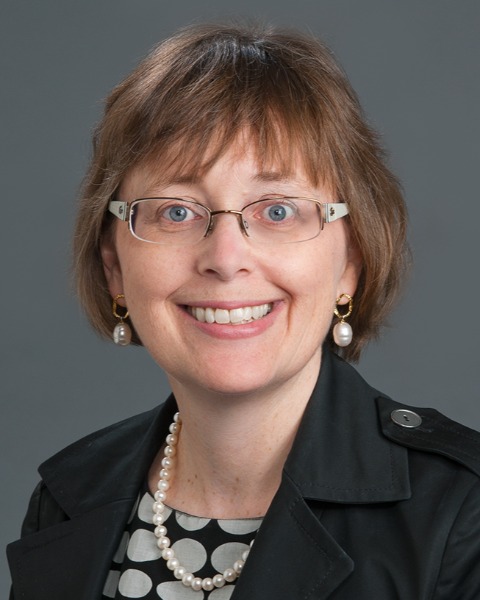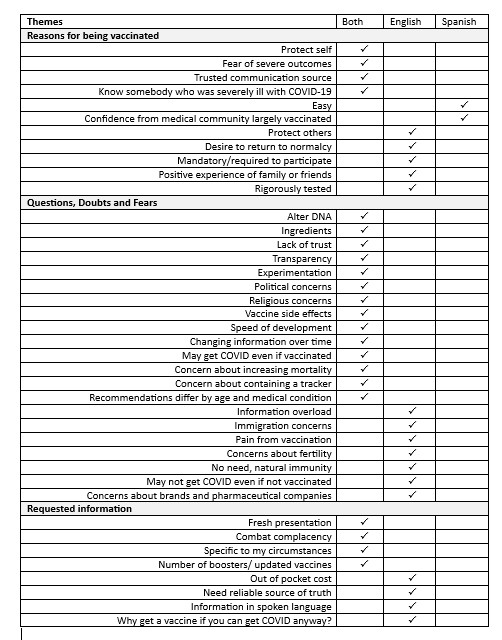Immunizations/Delivery
Session: Immunizations/Delivery 1
43 - Candid Conversations: Bridging the Gap between Vaccine Hesitancy and Acceptance
Saturday, May 4, 2024
3:30 PM - 6:00 PM ET
Poster Number: 43
Publication Number: 43.1213
Publication Number: 43.1213

Katherine Poehling, MD, MPH (she/her/hers)
Professor
Wake Forest School of Medicine
Wnston-Salem, North Carolina, United States
Presenting Author(s)
Background: Given the importance of COVID-19 vaccine coverage, providers and communities need to understand current perspectives and insights about COVID-19 vaccine to address hesitancy and increase vaccine confidence.
Objective: To describe insights using themes identified from qualitative analysis of focus groups with community members and to identify local barriers and facilitators of COVID-19 vaccine decision-making. This analysis and feedback on the identified themes from participants were obtained to inform future approaches.
Design/Methods: Virtual focus groups were advertised in English and Spanish across urban and rural areas around Forsyth and Mecklenburg Counties, NC and conducted in both languages in March–August 2022. Notes/transcriptions from each focus group were reviewed and coded using a thematic analytic approach. Qualitative analysis was done independently by two teams followed by consensus reviews. Results of thematic analysis were shared with focus group participants for feedback in April–June 2023.
Results: 14 virtual focus groups included 22 persons ranging in age from 20-77 years. Thematic saturation was obtained. Participant demographics include 82% Female, 32% Spanish-speaking, and 50% identified as Hispanic; self-reported race was 37% White, 37% other, 16% multiracial, and 11% Black; age groups were 29% 20-39 years, 48% 40-59 years, and 24% 60+ years.
Table shows the themes for focus groups in English and Spanish. Reasons friends or family are vaccinated identified 4 common themes as well as 2 in Spanish and 5 in English only. Regarding questions, doubts, and fears, 14 themes were identified in both languages, and 7 were identified in English. Desired information included 4 common themes in both languages and 4 identified in English focus groups. Feedback from focus group participants confirmed these themes and highlighted a new message about importance of future approaches being independent of the electronic medical record to foster trust and to expand access for the content.
Conclusion(s): Community members provided insights on 1) need for updated, nuanced information about COVID-19 vaccines with many similarities though some differences between English and Spanish focus groups and 2) importance of not using the electronic medical record as a communication strategy. A community-engaged approach supports community members with questions and concerns about vaccines and enables learning on perspectives and cultural variation needed to address hesitancy and increase vaccine confidence. Strategies identified by this project have broad application beyond the 2023-2024 COVID-19 vaccine.

